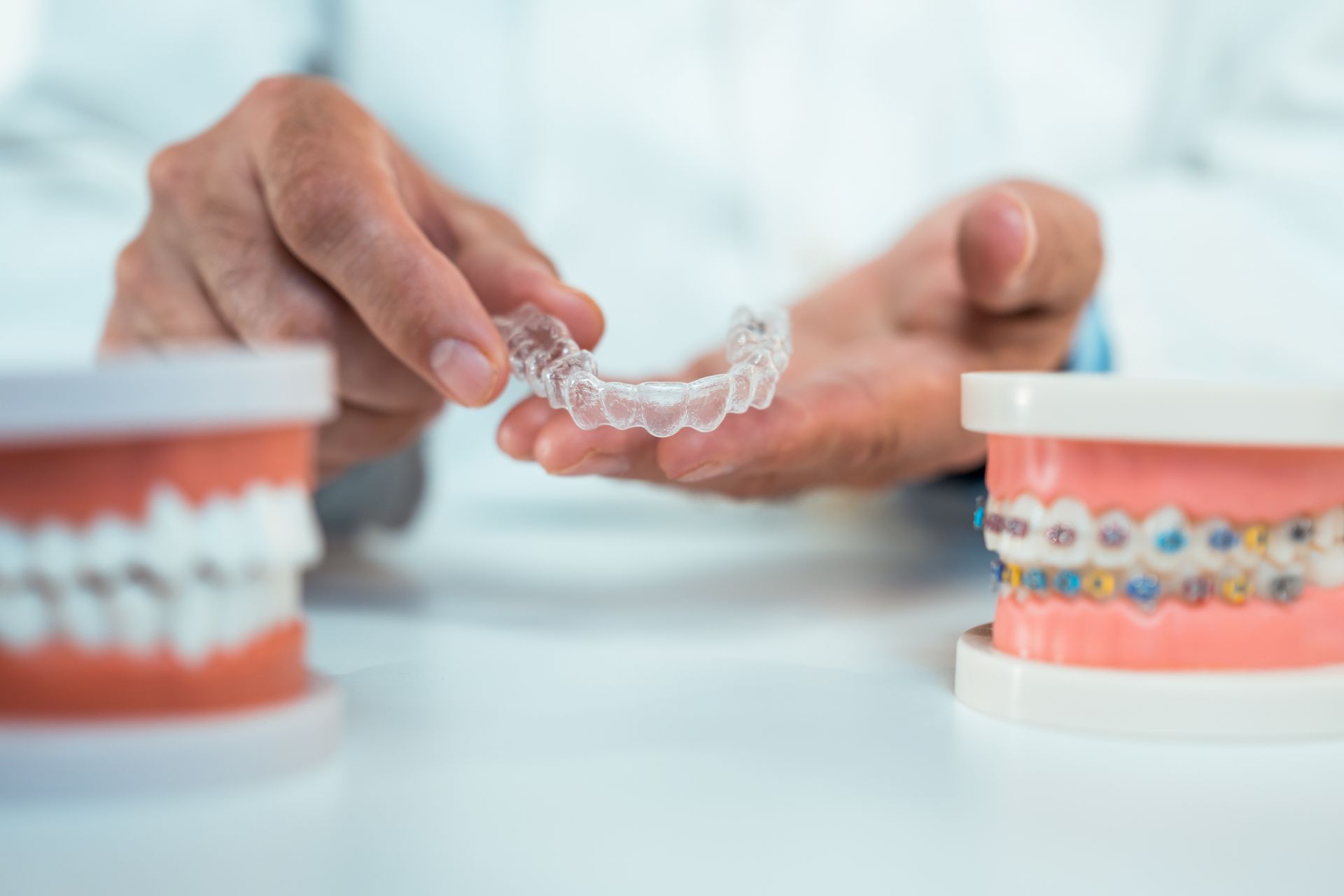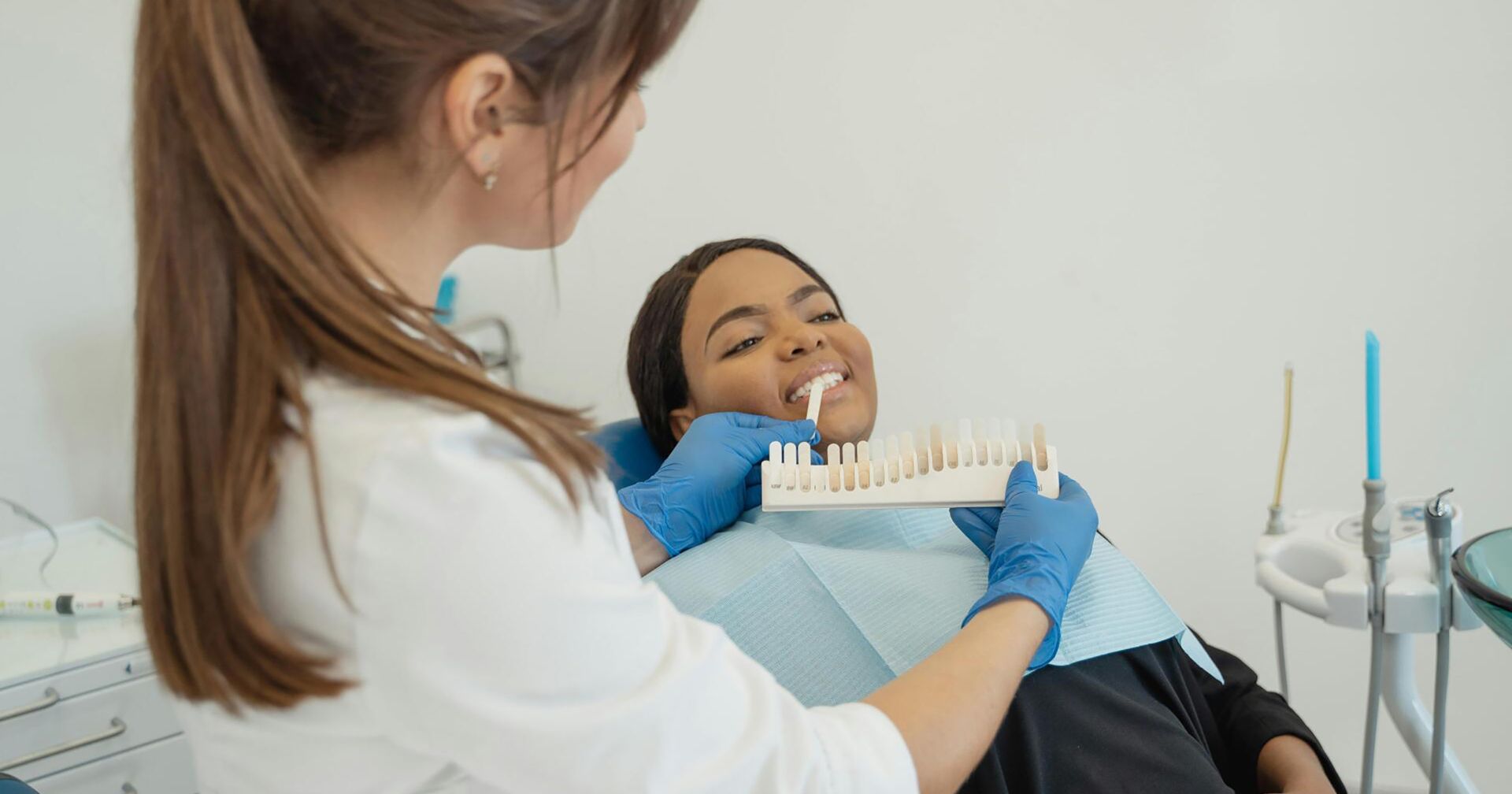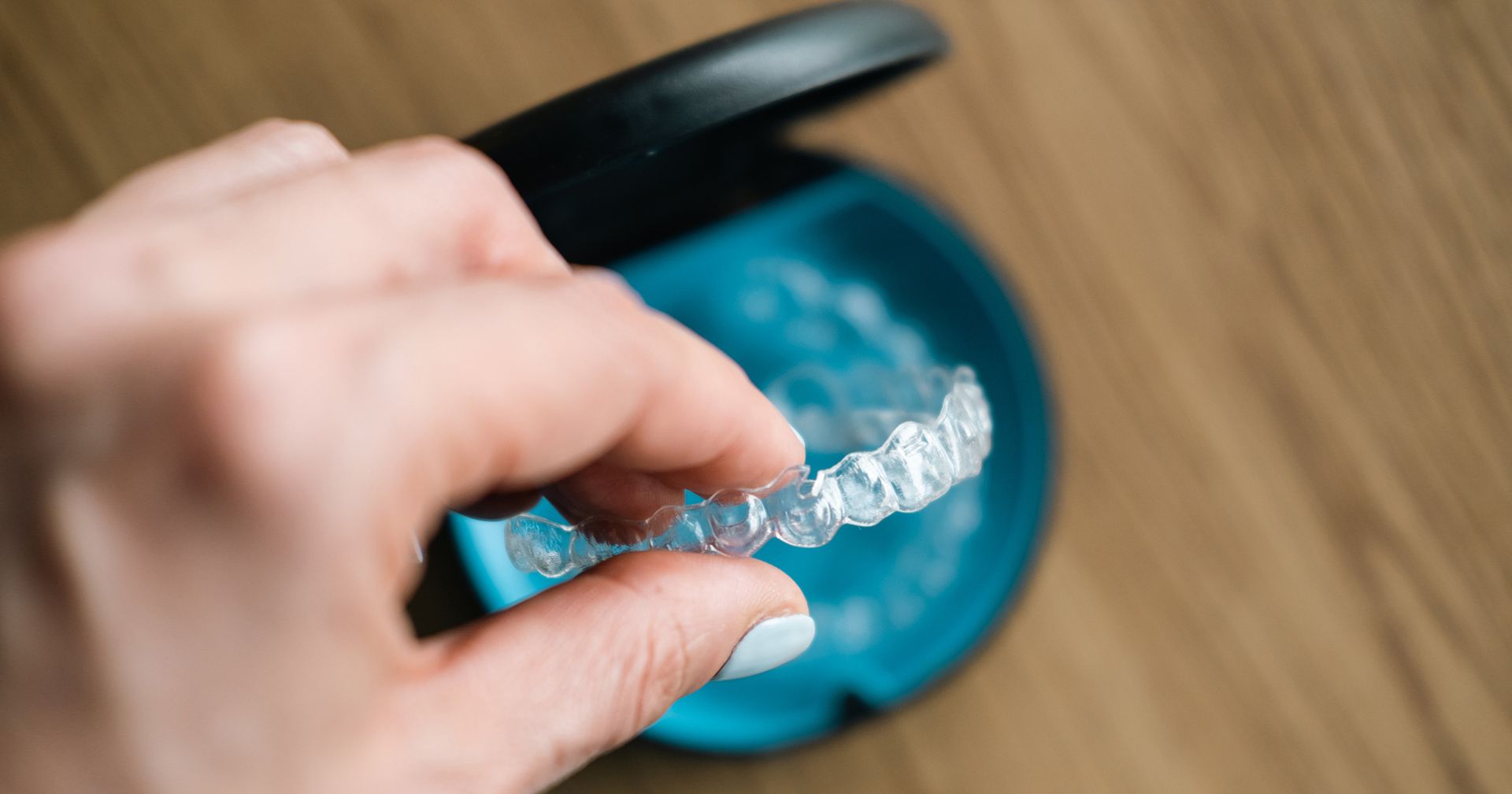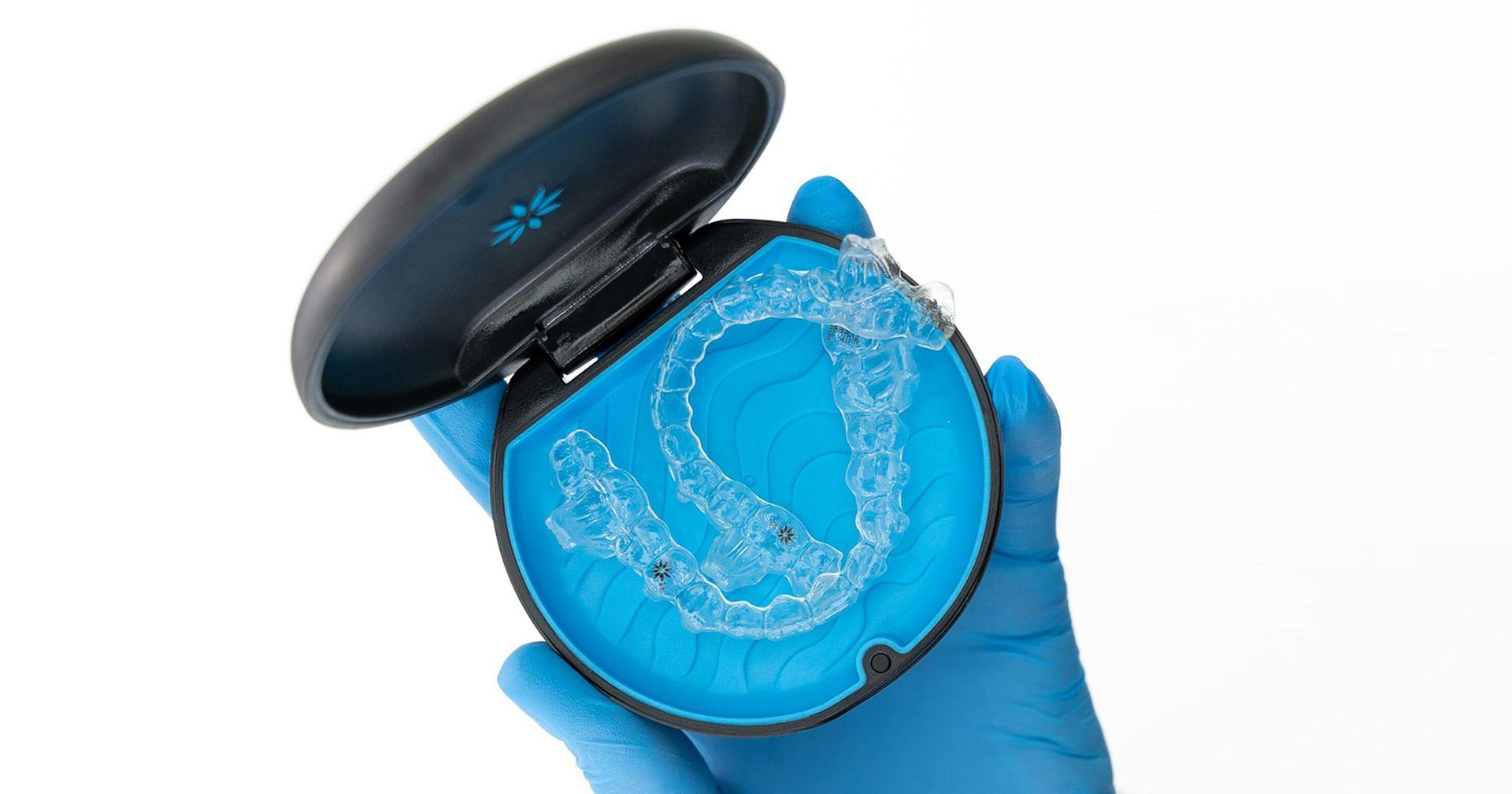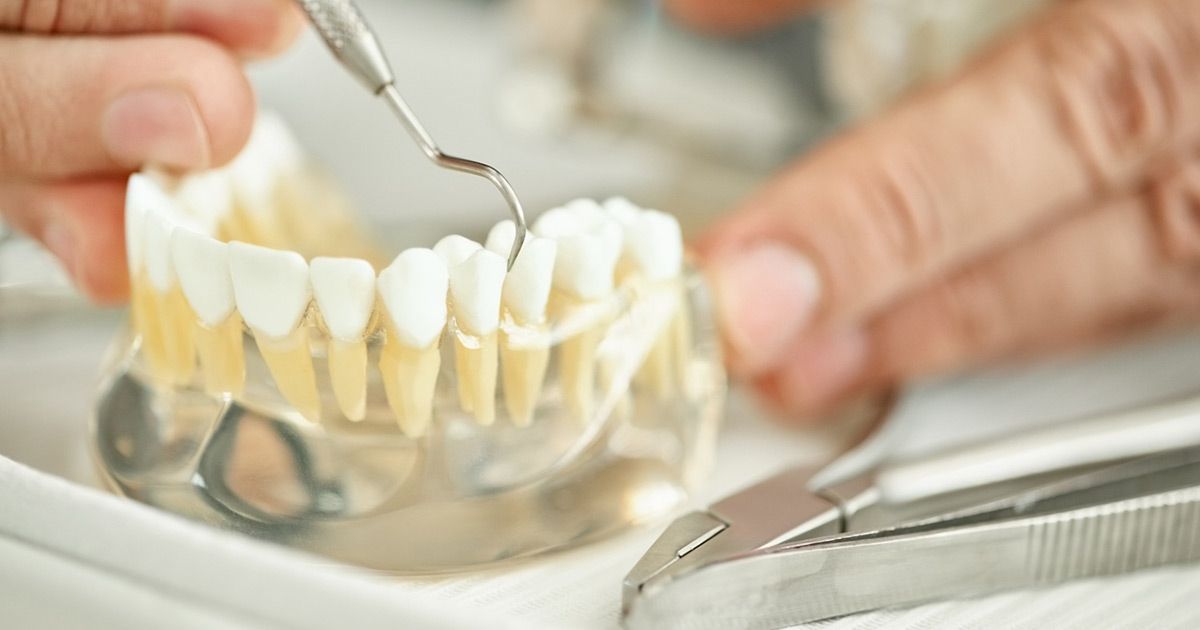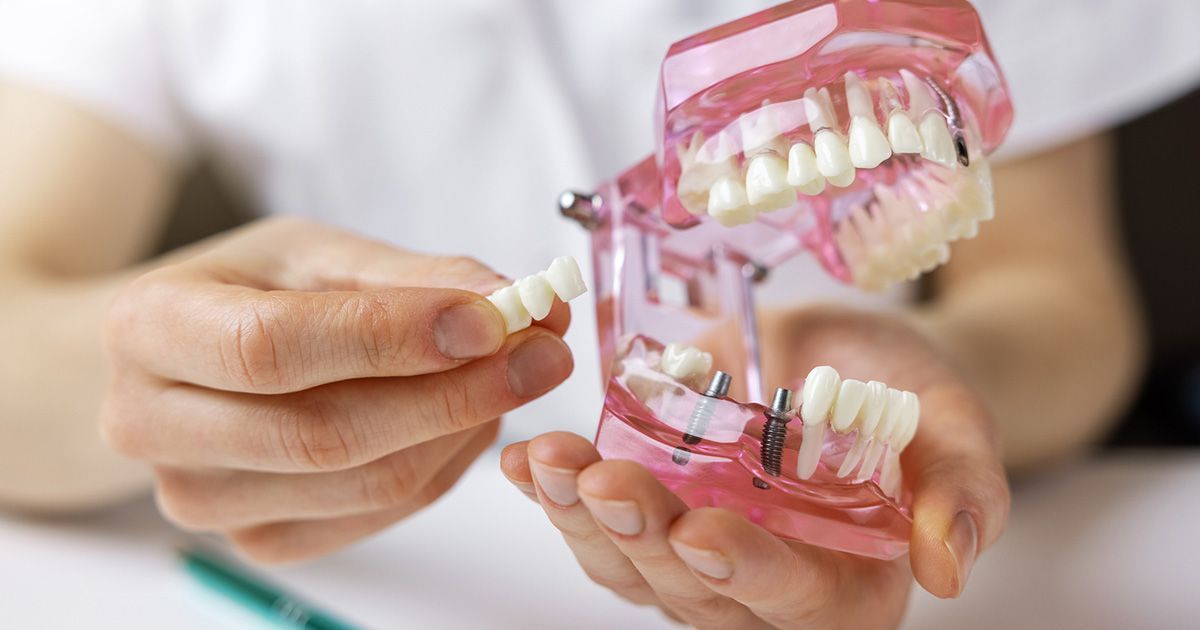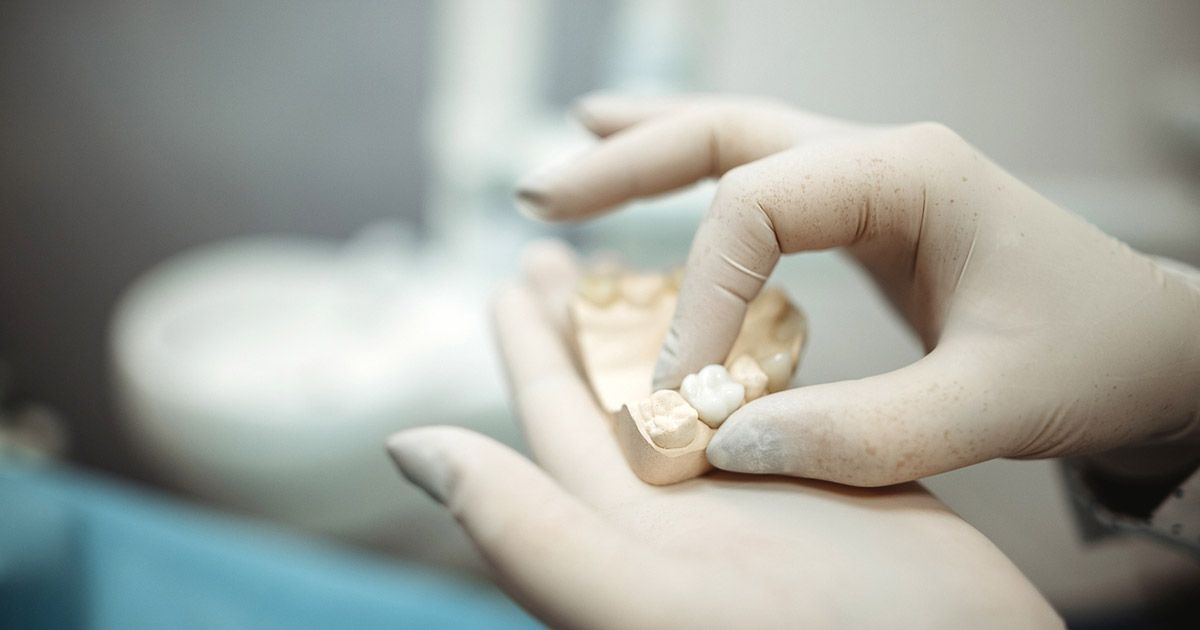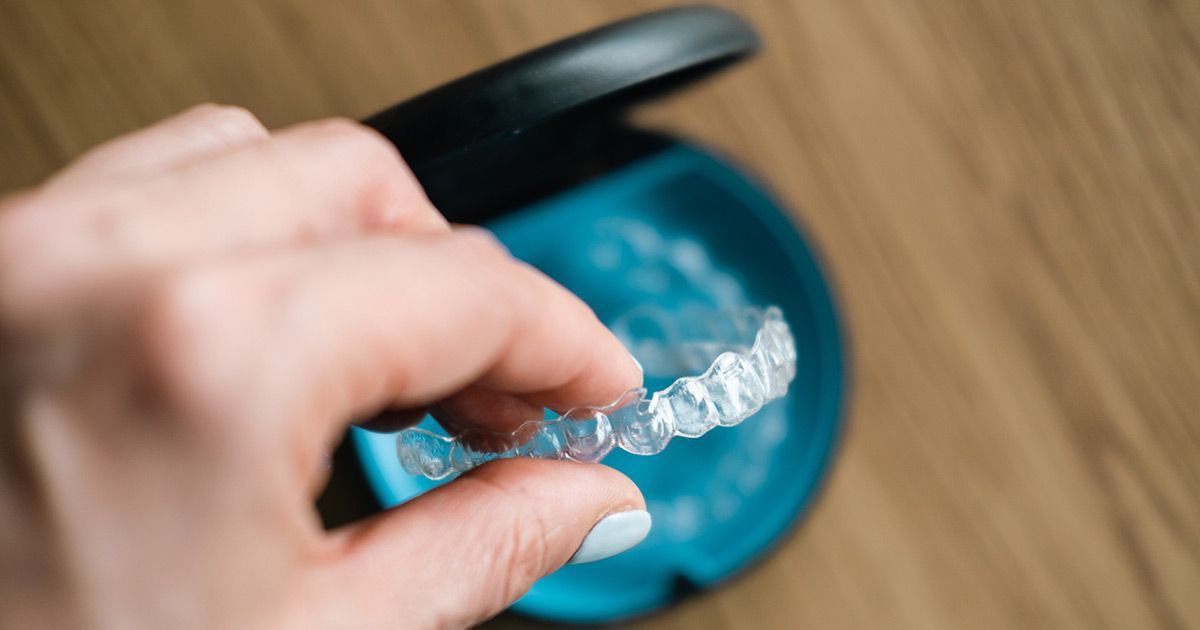How Dental Implants Can Preserve Jawbone Health
Discover how the best dental implants can preserve jawbone health effectively. Read more to get started on your journey to a healthier smile today!
You recently had a tooth extracted due to significant damage or decay. You lost a tooth in an accident and now you're not sure what your options are.
Dental implants are one of the most common tooth restoration tools used by dentists today. According to Cleveland Clinic, dentists across the nation place over three million dental implants each year.
Why not cap a decaying tooth or leave a gap where your tooth used to be? The best dental implants don't just provide a cosmetic solution. They can also provide significant jawbone protection.
Read on to learn how dental implants protect jawbone health and more in this guide to the benefits of dental implants.
The Connection Between Tooth Loss and Jawbone Deterioration
Colgate provides a great overview of a process called bone remodeling. Bone remodeling is the natural cycle by which your jaw removes old bone material (resorption) and adds new bone material (ossification). Patients with jawbone deterioration are typically facing faster rates of resorption than ossification.
In other words, if your jawbone starts to break down old material faster than it creates new material, you're going to notice bone density loss. There are several reasons why this can occur, and one of them is tooth loss. In turn, you might start to experience symptoms like:
- Difficulty chewing
- Changes in your bite pattern
- Faster aging around the mouth
- Shifting or loosening teeth
While you're not likely to notice bone loss or related symptoms right away after losing one or more teeth, leaving the area untreated will have an impact over time.
How Dental Implants Provide Jawbone Protection
In order to maintain an even ratio of resorption to ossification, your jawbone needs stimuli. Under normal circumstances, your tooth root acts as that source of stimuli, signaling the need for bone regrowth at a steady pace.
When you get dental implants, your dentist surgically places a titanium post in your jawbone. This acts as an artificial tooth root, holding the natural-looking crown in place.
The presence of the titanium post can provide that much-needed stimulation to the jawbone, keeping the ratio of bone loss and creation balanced. However, dental implants alone can't reverse severe bone density loss in the jaw. We urge patients to talk to their dentist right away about damaged or missing teeth to enhance the effectiveness of dental implants in protecting the jawbone.
The Best Dental Implants for Your Needs
There are several different types of dental implants your dentist may recommend. What are the best dental implants for jawbone protection? Let's take a closer look at the role different implants can play in protecting your jawbone.
Endosteal Implants
Endosteal implants are the most common type of dental implant and the best implants for jawbone preservation. These are the implants that your dentist surgically places in the jawbone.
Endosteal implants are best for patients who already have good jawbone health because they require sufficient bone density to fuse to the bone.
Subperiosteal Implants
Subperiosteal implants are far less common, with dentists placing the implant on or above the jawbone but below the gums. Because they do not require osseointegration (the fusion of implant and bone), they aren't going to have the same impact on jawbone health.
Dentists may recommend subperiosteal implants for patients with serious jawbone density loss. However, dental bridges are an alternative (and less invasive) option.
All-on-X Implants
For patients missing a significant number of teeth, dentists may recommend all-on-4 or all-on-6 implants. All-on-X implants are endosteal implants that hold in place a full or partial arch of crowns. They eliminate the need to place an implant for every missing tooth.
Because they're endosteal implants, all-on-X implants can provide some jawbone protection while reducing the amount of stress on the jaw during surgery.
Additional Benefits of Dental Implants
Jawbone protection isn't the only benefit of getting dental implants. Here are some of the other reasons why so many patients and their dentists choose dental implants, from restoring natural functions to improving confidence.
Restoring Natural Functions
When you have damaged or missing teeth, you may start to notice changes in your speech patterns and ability to chew. For some, this can become an extremely disruptive problem.
Dental implants can restore your natural oral functions for 25 years or longer. They're considered more reliable than alternatives like dentures, which don't always offer the best stability.
Preventing Orthodontic Problems
Losing even a single tooth can have a ripple effect on the placement and orientation of your remaining teeth. For example, your teeth may start to shift into that empty space.
Getting a dental implant after losing a tooth is a great way to keep your teeth in their proper alignment and reduce the need for braces or aligners later in life.
Protecting Gum Health
Once your implants are healed and you have your permanent crowns in place, you'll take care of your artificial teeth the same way you take care of your natural teeth. Brushing, flossing, and dental cleanings can keep your implants clean and strong.
By resuming your normal oral care routine, you'll be able to maintain great oral health. Plus, dental implants will eliminate large gaps that would otherwise trap food and bacteria, leading to infections and gum disease.
Improving Confidence
Everyone deserves to have a smile they aren't afraid to share with the world. However, damage, decay, and missing teeth can cause some people to start hiding their smiles or feeling less confident.
Dental implants look and feel natural, restoring your smile to its original beauty. You may
need dental implants for medical reasons, but they can also have a cosmetic effect.
Need Dental Implants in Hollywood, FL? Call Smile On Us
Don't let tooth loss lead to jawbone deterioration. The best dental implants can preserve your jawbone density and protect your overall oral health.
Looking for a dentist in Hollywood, FL who can take care of everything from cleanings to specialized surgery? With over 20 years of experience, Dr. Freyberg is prepared to provide dental care for the whole family.
Learn more about Smile on Us and schedule your first appointment today.

